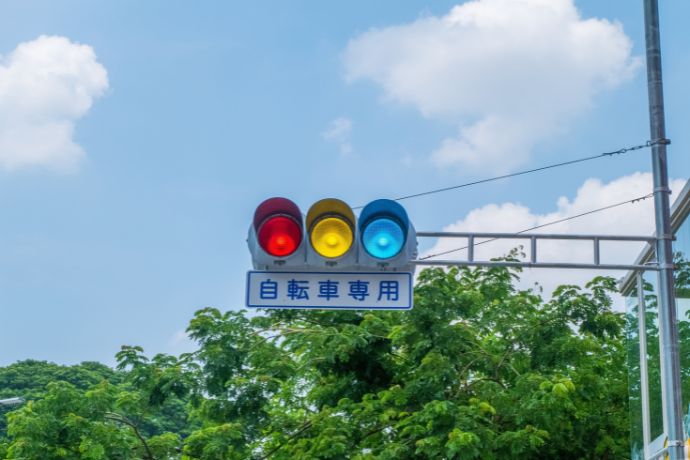this post was submitted on 09 Aug 2024
88 points (91.5% liked)
Today I Learned
17319 readers
1427 users here now
What did you learn today? Share it with us!
We learn something new every day. This is a community dedicated to informing each other and helping to spread knowledge.
The rules for posting and commenting, besides the rules defined here for lemmy.world, are as follows:
Rules (interactive)
Rule 1- All posts must begin with TIL. Linking to a source of info is optional, but highly recommended as it helps to spark discussion.
** Posts must be about an actual fact that you have learned, but it doesn't matter if you learned it today. See Rule 6 for all exceptions.**
Rule 2- Your post subject cannot be illegal or NSFW material.
Your post subject cannot be illegal or NSFW material. You will be warned first, banned second.
Rule 3- Do not seek mental, medical and professional help here.
Do not seek mental, medical and professional help here. Breaking this rule will not get you or your post removed, but it will put you at risk, and possibly in danger.
Rule 4- No self promotion or upvote-farming of any kind.
That's it.
Rule 5- No baiting or sealioning or promoting an agenda.
Posts and comments which, instead of being of an innocuous nature, are specifically intended (based on reports and in the opinion of our crack moderation team) to bait users into ideological wars on charged political topics will be removed and the authors warned - or banned - depending on severity.
Rule 6- Regarding non-TIL posts.
Provided it is about the community itself, you may post non-TIL posts using the [META] tag on your post title.
Rule 7- You can't harass or disturb other members.
If you vocally harass or discriminate against any individual member, you will be removed.
Likewise, if you are a member, sympathiser or a resemblant of a movement that is known to largely hate, mock, discriminate against, and/or want to take lives of a group of people, and you were provably vocal about your hate, then you will be banned on sight.
For further explanation, clarification and feedback about this rule, you may follow this link.
Rule 8- All comments should try to stay relevant to their parent content.
Rule 9- Reposts from other platforms are not allowed.
Let everyone have their own content.
Rule 10- Majority of bots aren't allowed to participate here.
Unless included in our Whitelist for Bots, your bot will not be allowed to participate in this community. To have your bot whitelisted, please contact the moderators for a short review.
Partnered Communities
You can view our partnered communities list by following this link. To partner with our community and be included, you are free to message the moderators or comment on a pinned post.
Community Moderation
For inquiry on becoming a moderator of this community, you may comment on the pinned post of the time, or simply shoot a message to the current moderators.
founded 1 year ago
MODERATORS
